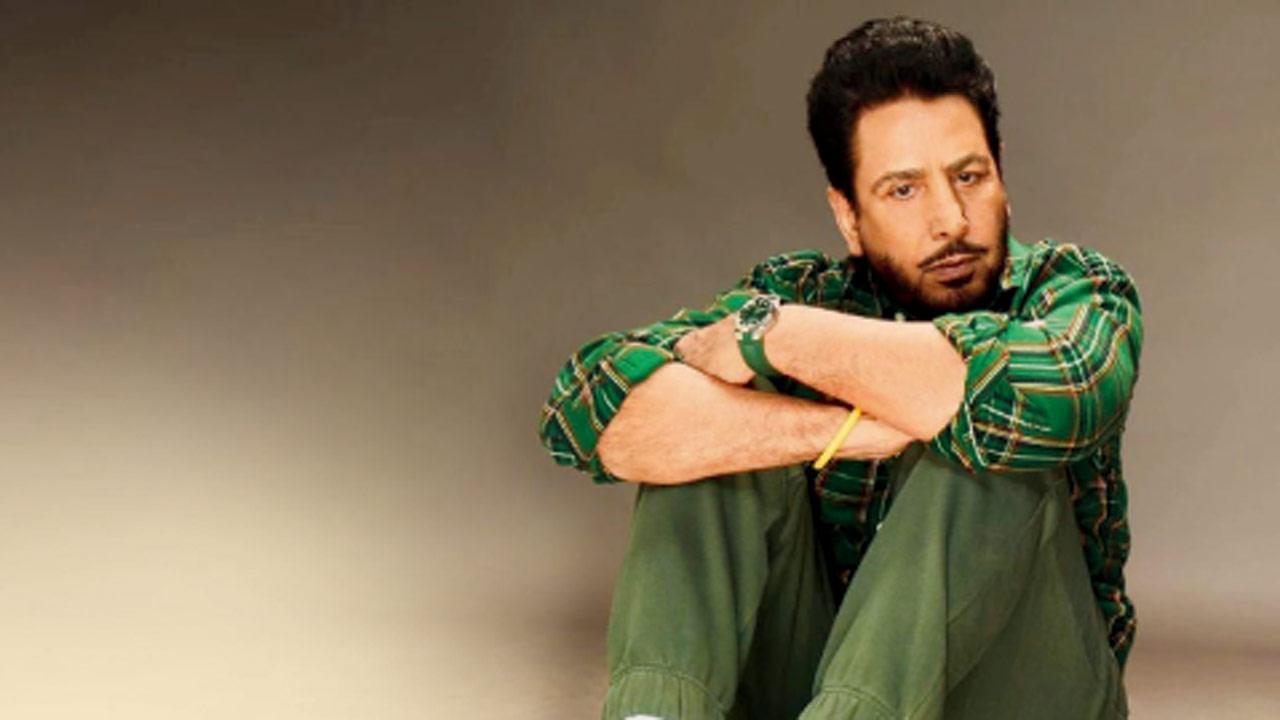Gurdas Maan applauds young artistes for adding “their own style” to Punjabi music, but says he avoids commercial tropes while crafting songs to prevent the genre from being stereotyped

Gurdas Maan
Marking his first cohesive music piece in seven years, Sound of Soil is veteran Punjabi artiste Gurdas Maan’s 46th album. Maan brings a gamut of sounds together in this nine-track offering, touching upon subjects ranging from the meaning of life, the essence of time, and desire. “The album has nine songs, like the navratna. A favourite on this list is a traditional Qawwali number that I first heard 40 years ago, and continued to play on several stages over the years. I wanted the young generation to have the opportunity to enjoy this song that has been dear to me,” says Maan, who was keen to present an album after having released a spate of singles in the past few years.
ADVERTISEMENT
Having trained his attention to preserving and promoting the cultural heritage of Punjab, the artiste, 67, continues to perform to packed audiences across the globe. But a discussion on the manner in which younger Punjabi artistes have commercialised the genre appears to evoke more joy than criticism. Acknowledging that the genre has broken cultural barriers, Maan credits artistes like Diljit Dosanjh, Karan Aujla, Ammy Virk, and Gippy Grewal for “adding their own flavour to Punjabi music” and appeasing a wider audience. “Several artistes in the UK and USA have also promoted the genre and created music that people can dance to. This is a wonderful thing.”
On his part, however, he turned down offers when his “conscience didn’t allow” him to pursue them. “During my time, songs that had double meanings were promoted. I was also offered record deals if I agreed to create them. However, I did not want Punjabi music to be stereotyped. I didn’t want people to say, ‘Punjabi gaane aise hi hote hain.’ I want people to remember that artistes like Baba Bulleh Shah, Amrita Pritam, and Shiv Kumar Batalvi also [wrote Punjabi poetry] that did not have dual meaning. Sure, several rappers write about addiction, and young [music listeners] are getting what they want from them. But I want to encourage young artistes to write with intention, and create [poetry] that warms people’s hearts, and educates and motivates our children. We want to be proud of the songs that our artistes create.”
Citing that mental health illnesses like depression are prevalent among children, he points to an incident that reiterated his faith in his music. “I was told of a young man who was living in Australia, and was prepared to leave [the country] due to poor circumstances. Someone introduced him to my music, and he decided to rebuild his life after hearing it. He worked from the ground up to become the sous chef [of a restaurant]. When I met him four years later, he cried and told me the effect that my music had on him. Today, unfortunately, Hindus, Sikhs and Muslims are all talking about breaking [relationships]. No one is talking about bringing people together. The young generation needs to work with the mission of creating an impact and spreading [positive] messages. Money cannot be the only intention behind creating music. You need to have passion for your country and [the desire] to serve it.”
 Subscribe today by clicking the link and stay updated with the latest news!" Click here!
Subscribe today by clicking the link and stay updated with the latest news!" Click here!







